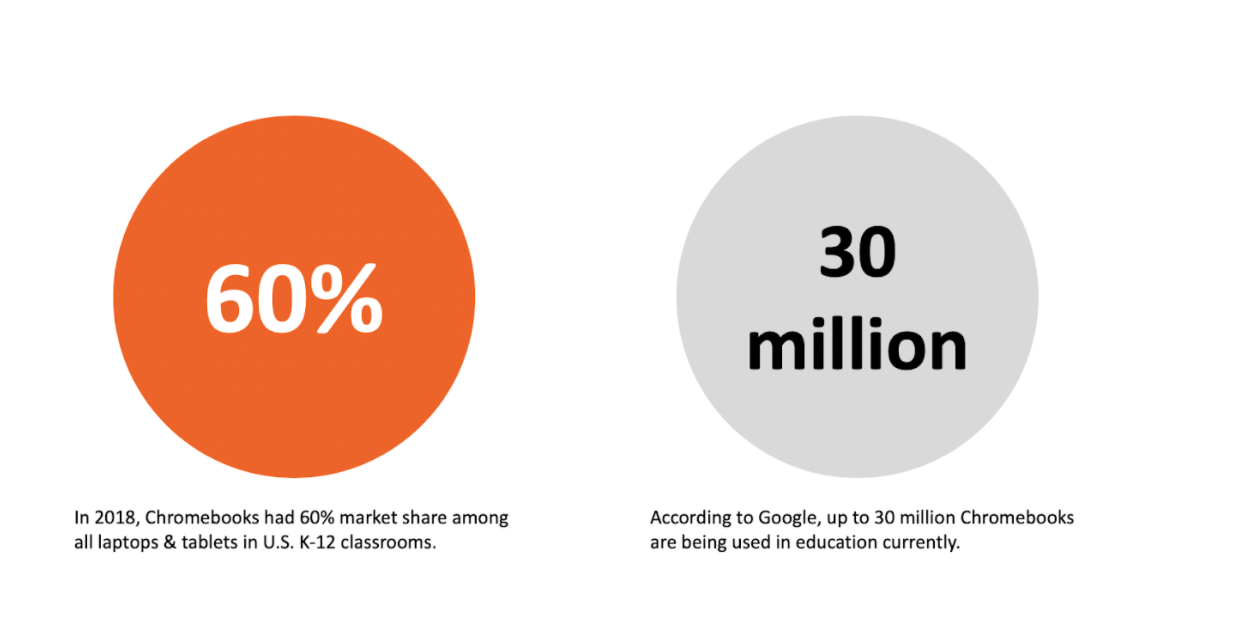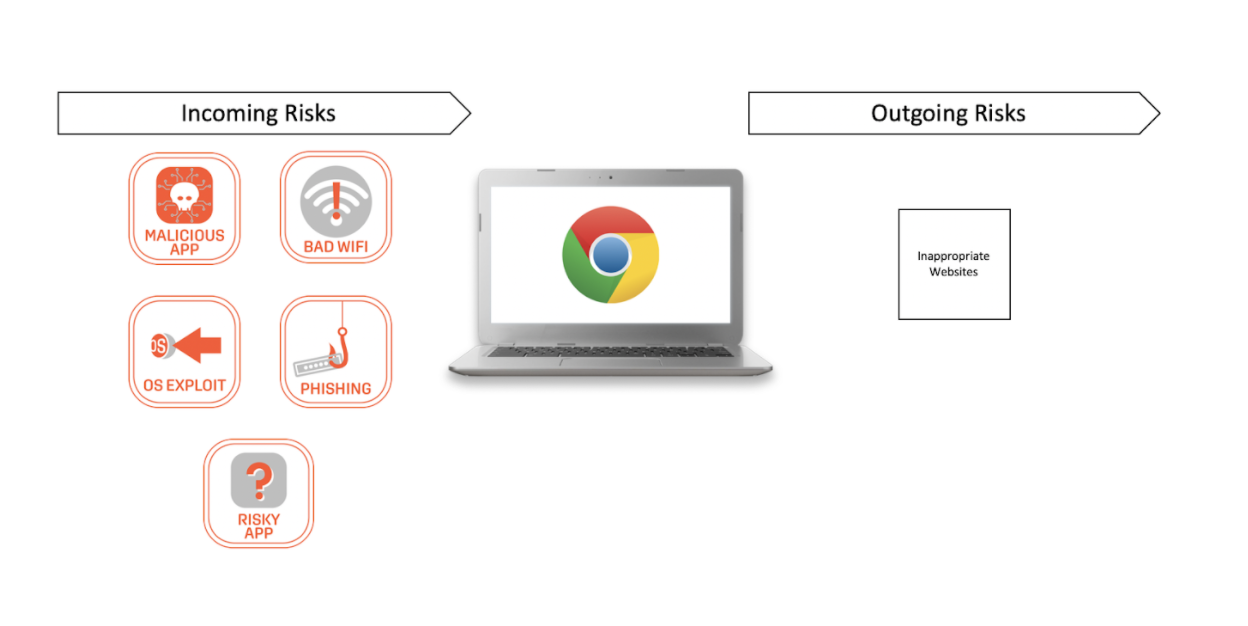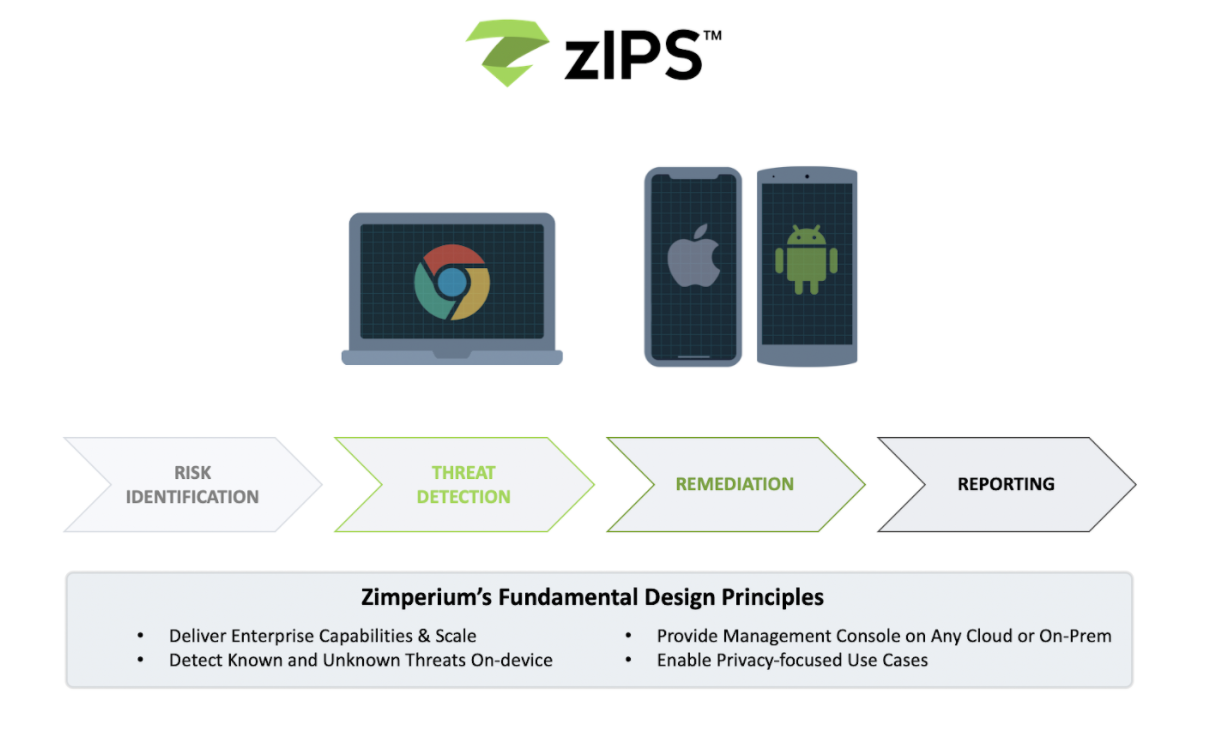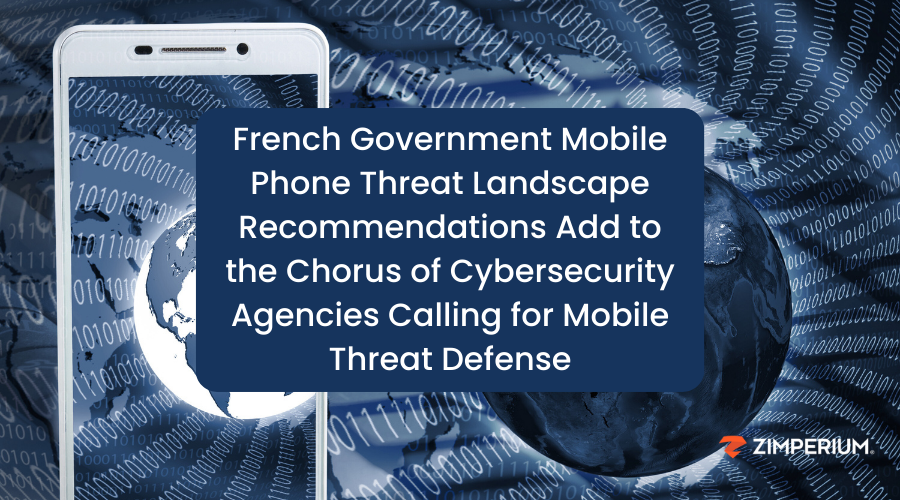
As school districts wrestle with how best to serve their students, one thing is crystal clear: Chromebooks will be in the mix.
Latest global forecasts show Chromebooks shipments in 2Q20 reached up to 11.6 million units. That marks the first time ever for Chromebooks to occupy 25 percent of the total quarterly notebook shipment.
Education usage – in particular, K-12 – is a big contributing factor toward that growth through the years. Consider this:

Given pandemic concerns, those numbers will most definitely increase as school districts arm their students with Chromebooks.
As a matter of fact, according to multiple reports, public schools in Los Angeles and San Diego, the two largest public school districts in California, will not be sending children back to campuses in the fall and will instead administer online classes only due to concerns over the ongoing threat of the coronavirus.
Incoming and outgoing risks
Unfortunately, an increase in usage brings increases in mobile privacy and security risks and threats including:
- Phishing attacks resulting in stealing the identity of the student/user;
- Network attacks where student personal information is accessed; and
- Malicious malware in apps taking control of microphones and cameras remotely turned on and other privacy-invasive actions.
Through mandated content filtering, schools are able to prevent students from accessing inappropriate websites from their Chromebooks – an outgoing risk – however, incoming risks perpetrated by predators or even fellow students have not been addressed.

Until now.
Machine learning-based solution protects against device, network, phishing and malicious app attacks
“zIPS for Chromebooks” is the first and only comprehensive, on-device, machine learning-based security solution for Chromebooks. Utilizing its real-time, on-device, machine learning-based technology that has been detecting and preventing attacks on iOS and Android endpoints for years, zIPS for Chromebooks helps educational institutions reduce their risk by detecting the most advanced device, network, phishing and malicious app attacks.

zIPS for Chromebook’s on-device design specifically protects user privacy and provides peace of mind. Educators, parents and older students will be able to remediate while maintaining the strictest of privacy.
Demonstrated attacks
To be fair, up until now, Chromebooks weren’t protected and the methods the “bad guys” use to breach a Chromebook are the exact same methods they use to breach an Android or iOS device. The only difference being the Chromebook is provided by the school district to the student.
An individual can be tricked into installing malware through bogus coupons, false claims of securing bandwidth, etc. Again, this could occur on iOS or Android devices too.

Once the Chromebook is in the “bad guy’s” control, he/she can access the different functionality – – including the camera.

An individual can also gain the passwords for any account. For example, a student is at a coffee shop, reviewing mom and dad’s checking account out.

Learn more
To learn more about zIPS for Chromebooks or to request a demonstration, contact Zimperium.


